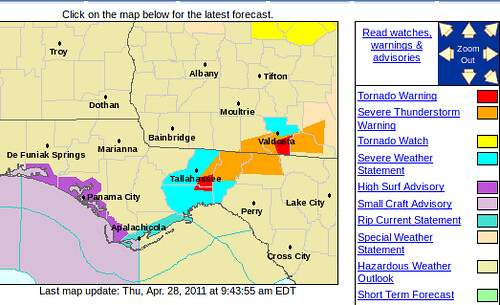At the end of 2003, Austin Energy (AE) suddenly went from very anti-solar to very pro-solar. Formerly coal-smoking Cobb EMC is doing it right now. If AE and Cobb EMC can do it, so can Georgia Power: change in one year from opposed to aggressively promoting solar power.
Mike Clark-Madison wrote for the Austin Chronicle 5 December 2003, AE drops a solar bomb,
In a near-complete turnaround from its public position just a week
ago, Austin Energy has announced plans to adopt specific, highly ambitious, and undeniably expensive goals for adding solar energy to the Austin electric and economic mix. At a town hall meeting held Tuesday night to discuss the AE plan — also the subject of a public hearing at City Council today (Thursday) — AE’s Roger Duncan announced the utility’s commitment to develop 15 megawatts of solar generating capacity by 2007, escalating to 100 megawatts by 2020. The AE plan also calls for a study of the “comprehensive value” of solar power — putting a dollar amount on the economic and environmental benefits to Austin, in addition to the cost of solar-generated electricity itself. This would determine the price Austin Energy would pay for electricity generated by privately owned solar installations, just as AE now buys wind power from third parties.
Georgians tend to think Georgia Power’s foot-dragging and disinformation campaign about solar is so entrenched it will never change. But I’ve seen it happen, and it happened despite people’s expectations set by the power utility, and it happened very quickly and very big:
Continue reading






